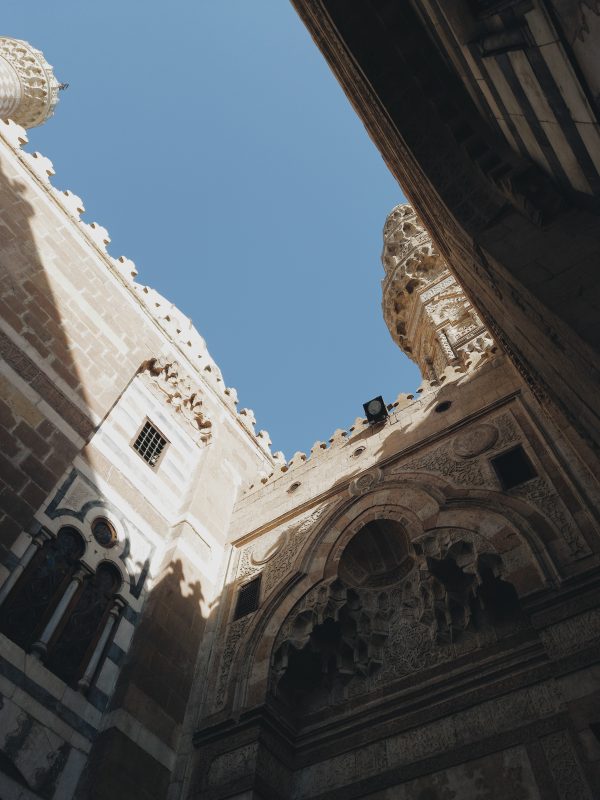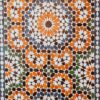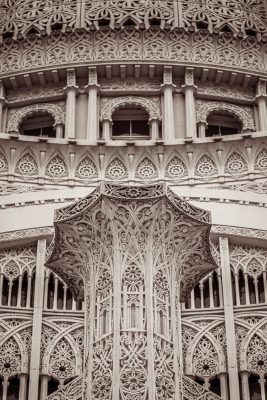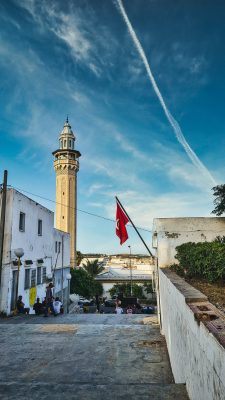Alessandro Ferrari & Ahmed Elbasyouny
In September 2022, a four-year old child, Shenouda, was taken from his Christian family by order from the Egyptian Public Prosecution after a complaint from a family member that they are non-conceiving and that the child does not belong to them. After running DNA tests, it was confirmed that the child is not related to the family, and that the parents revealed that they found him inside a Church’s and based on consultations with the priest they took him and registered him as of their own. The Egyptian Prosecution in response took custody of baby Shenouda, assigned him to Islam, changed his name to Yousef and placed him at a state-owned orphanage.
While the parents were not charged with a criminal offense, the case of baby Shenouda has sparked a heated public debate in Egypt regarding religion, law, and the welfare of the child.
Legality Concerns
Islamic Sharia is part of the supreme law of the land in Egypt. In accordance with the Islamic prohibition on adaption, Egypt’s Child Law, No. 12 of 1996, forbids adoption, and embraces alternatively the Islamic system of Kafala, to which the child, inter alia, cannot inherit the parents. The Executive Regulation of the Law delineates the criteria of Kafala families, with the first requirement being conformity between the religion of the child and the family.
The parents of course did not follow the course of the law, and admittedly has committed perjury by claiming that the child is their own. The Public Prosecution did not press charges however as it saw that the parents acted with good faith. Some have questioned the family’s account, as there was no evidence that the child was found inside a church, and the priest consulted was not alive during the investigation. This was an important piece as the law is silent on the presumed religion of children of unknown origin – which is essential in determining the compatibility of the adoptive family based on its religion and is critical in the Shenouda case.
Al-Azhar and Dar Al-Ifta Weigh In
The family has garnered support from numerous social media users, prominent lawmakers and lawyers, and human rights defenders who were outraged at the prospect of separating a four-year-old child from the only family he has ever known and placing him in an orphanage. The State’s own National Council of Human Rights has decided to join the defense team arguing that the decision by the Prosecution does not confirm with international standards. On the 18th of March 2023, the Administrative Court after nearly 6 months has declined to rule in that case for lack of jurisdiction on the subject matter.
Practically, this meant that baby Shenouda was to remain in state custody was no legal avail. New developments occurred later this month when both Al-Azhar and Dar-Ifta issued fatwas supporting the claim that a child of an unknown origin who is found in a church is to be assumed to be Christian. On the 22nd of March, Al-Azhar Fatwa Global Center published on its Facebook Page a prompt reading:
ورد سؤال إلى مركز الأزهر العالمي للفتوى للاستفسار عن ديانة الطفل الذي عثر عليه داخل إحدى الكنائس.
والجواب:
بسم الله، والصلاة والسلام على رسول الله، وآله وصحبه ومن والاه.
وبعد؛ فإن هذه المسألة ذهب فيها العلماء إلى آراء متعددة، والذي يميل إليه الأزهر من بين هذه الآراء هو ما ذهب إليه فريق من السادة الحنفية، وهو أن الطفل اللقيط إذا وجد في كنيسة وكان الواجد غير مسلم فهو على دين من وجده.
وهذا ما نص عليه السادة الحنفية في كتبهم: “وإن وجد في قرية من قرى أهل الذمة أو في بيعة أو كنيسة كان ذميًّا ” وهذا الجواب فيما إذا كان الواجد ذميا رواية واحدة “. [الهداية في شرح بداية المبتدي 2/ 415[
“A query was received by al-Azhar Fatwa Global Center asking about the religion of the infant found in a church […]. The Answer is: Islamic Ulamaa have had various opinions on this issue. The opinion which al-Azhar is inclined to embrace is one of al-Hanafi scholars that a child found in a church by a non-Muslim follows the religion of the person who found him […] The Hanafi scholars declared in their books that: ‘If found in a village of Dhimmis or in a church, the one found is Dhimmi.’ […] [Al-Hidayah fi Sharh Bidayat al-Mubtadi 415/2]”
Few days after, on the 28th of March, the Egyptian Public Prosecution ordered the return of Shenouda to his adoptive family, giving them temporary custody, following a Fatwa that that the Prosecution received from Egypt’s Grand Mufti that confirmed early Fatwa by Al-Azhar. The prosecution ordered as well renaming the child a Christian name, and the following day, both parents of the child received him back and expressed their appreciation to the role of Al-Azhar and Dar Al-Ifta “whose decisions were the main reason for returning Shenouda to our embrace”.
Impact of the case
Although the Egyptian Constitution states that “the principles of Christian and Jewish Sharia of Egyptian Christians and Jews are the main source of legislations that regulate their respective personal status and religious affairs […]”, for years Christians were banned from adoption based on the Child Law which categorically prohibit adoption, although it is religiously permitted in Christianity. Instead of directly involving Christians as individuals in the process of drafting a Unified Personal Status Law for Orthodox, Evangelicals and Catholics in Egypt, the State for years has been in talks with the three Churches regarding the draft law, and they have declined to include proposals regarding adoption following the State’s reasoning that it goes ‘public order of the state’ as one representative from the Church puts it. After the Shenouda Saga, several members of parliament in Egypt have proposed sanctioning adoptions for Christians, meaning that we are might witness the emergence of Christians as independent actors beyond the traditional State-Church closed-door negotiation model.
The case of baby Shenouda is unprecedented and is going to have significant impact. Some worry that it may have opened the door for birth registration fraud, but others hail that it will allow Christians in Egypt from having their own separate adoption system and from being able to sponsor/adopt children with unknown origin, if they found them. Ultimately, although the Child Law is designed around the principle of the best interest of the child, and the much of the essence of the debate around baby Shenouda was concerned with his welfare away from his family, it was the religiously grounded Fatwas of Al-Azhar and Dar Al-Ifta that gave the green light for handling the child back to his family.
Although both drew on old and established religious opinions, it is worth considering if they reveal new developments. First, the convergence between the use of international human rights standards by the National Council of Human Rights and the application of Islamic law by Al Azhar and the Grand Mufti; Secondly, an “elastic” interpretation of the presumption that every child is “naturally” born a Muslim, an interpretation that leads to the recognition of a decisive role for how concretely the best interest of the child come to be. At the same time, this intervention could also help those (cf., e.g., the works of Omar El Kadi) who have long been trying to find footholds within Muslim law to guarantee orphaned children adequate legal protection, extending beyond the guarantees already offered by the Kafala.









